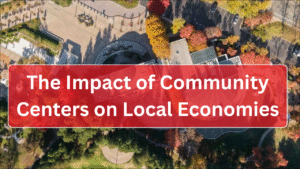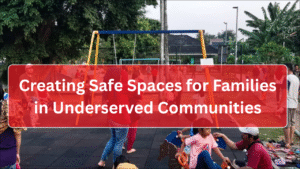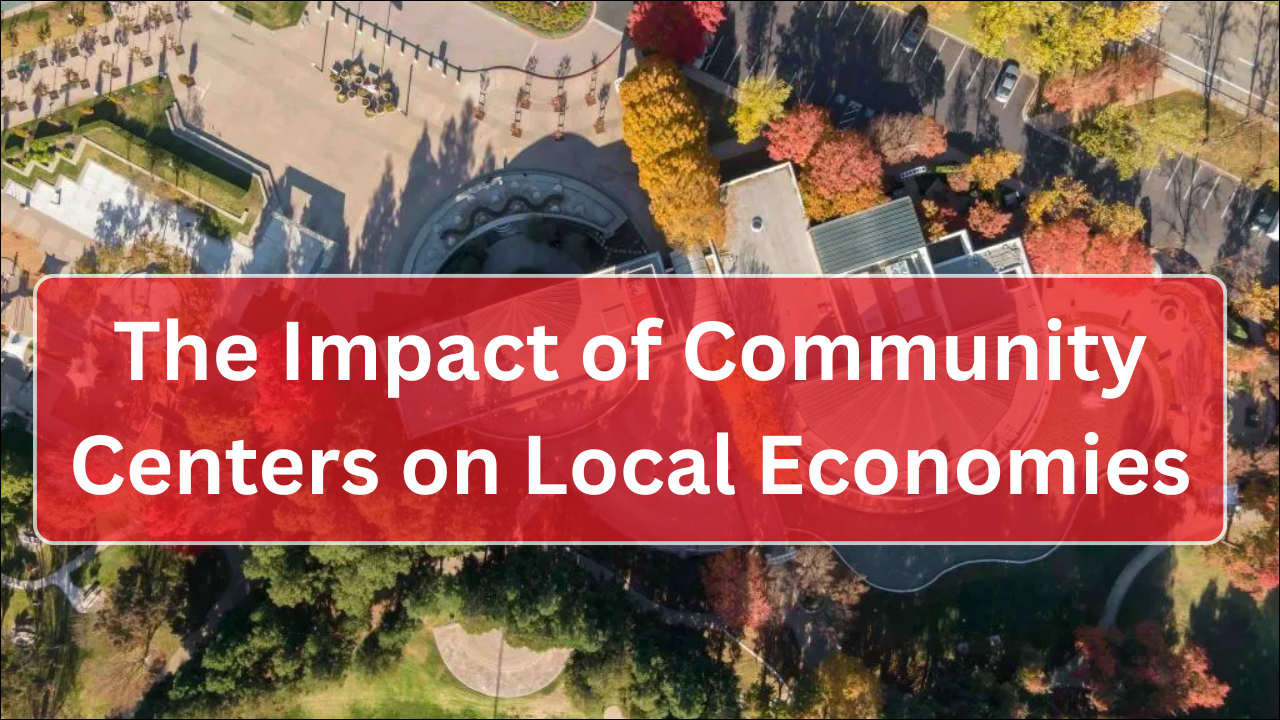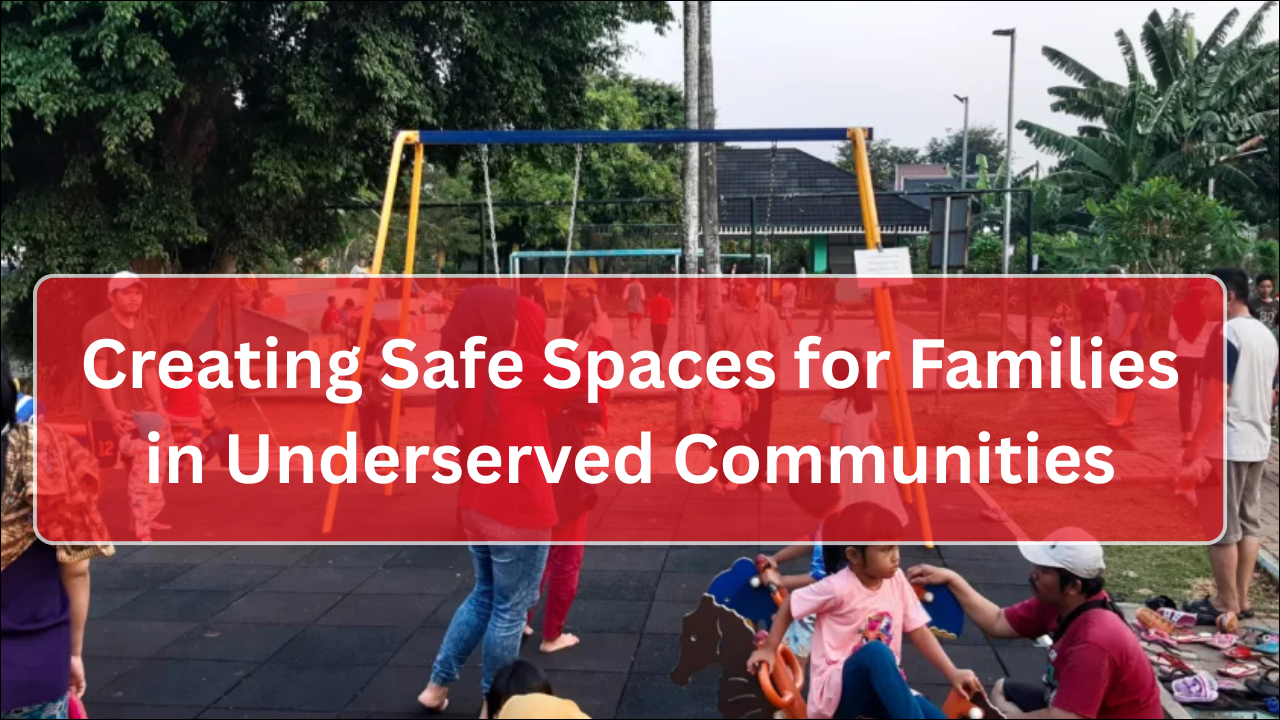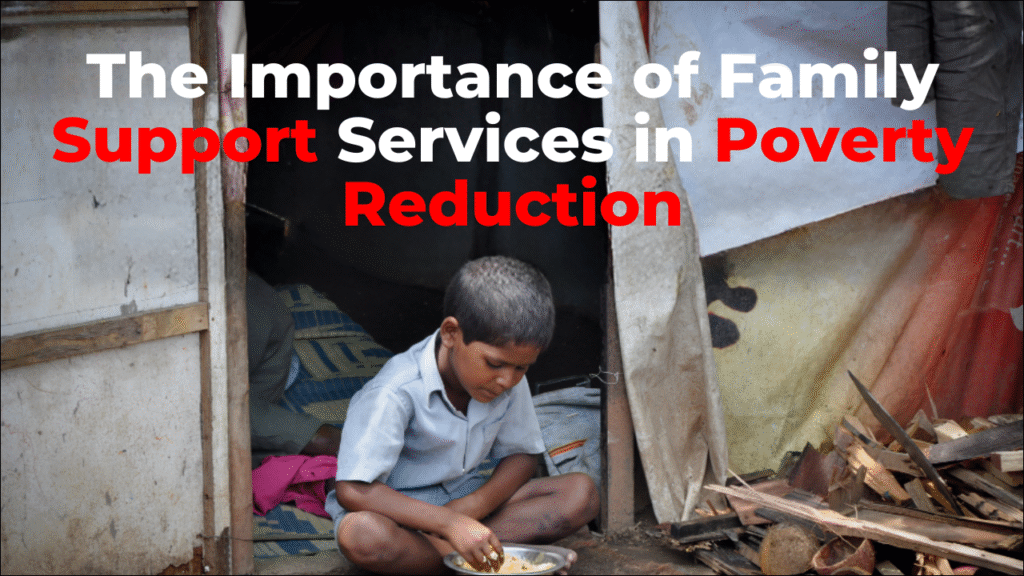
Family support services are essential tools in addressing poverty, providing resources and guidance that enable families to achieve stability, self-sufficiency, and improved quality of life. These services encompass education, healthcare, financial counseling, employment assistance, and social support. Organizations like The Hope Center for Families in Northwest Dayton demonstrate how comprehensive family support programs can reduce the intergenerational cycle of poverty, strengthen family resilience, and foster healthier, more prosperous communities.
Table of Contents
1. Understanding Family Support Services
Family support services offer a structured framework to assist families in overcoming challenges related to economic, social, and educational disparities.
- Economic Support: Programs help families access employment opportunities, financial literacy, and income assistance.
- Educational Services: Early childhood programs, adult education, and tutoring foster learning and skill development.
- Health and Wellness: Access to medical, dental, and mental health care improves family well-being.
- Social and Emotional Support: Counseling, mentorship, and peer groups strengthen family relationships and coping skills.
- Community Connections: Linking families to local organizations and resources increases resilience and opportunity.
2. Reducing Poverty Through Education and Skill Development
Education is a critical pathway out of poverty, and family support services play a key role in promoting learning.
- Early childhood education programs ensure children start school ready to learn.
- Adult education and vocational training equip parents with skills for higher-paying jobs.
- Tutoring and mentoring programs support academic achievement and long-term success.
- Lifelong learning initiatives help families adapt to changing economic and social conditions.
Education-Focused Family Support Programs
| Program | Target Group | Impact on Poverty Reduction |
|---|---|---|
| Early Childhood Education | Children | Improved school readiness and long-term academic success |
| Adult Education & Vocational Training | Parents & caregivers | Increased employability and income potential |
| Tutoring & Mentoring | Children & youth | Enhanced academic performance and future opportunities |
| Lifelong Learning Workshops | Entire family | Greater adaptability and resilience in the workforce |
3. Financial Empowerment Services
Family support programs also address economic barriers directly through financial guidance and employment support.
- Job placement assistance connects families to stable employment.
- Career counseling and skills workshops improve workplace readiness.
- Financial literacy programs teach budgeting, saving, and credit management.
- Access to subsidies or microloans helps families meet immediate needs and invest in their future.
4. Health and Wellness Support
Poverty often correlates with reduced access to healthcare. Family support services help bridge these gaps.
- Preventive care programs, including vaccinations and screenings, promote long-term health.
- Mental health counseling addresses stress, anxiety, and trauma common in low-income families.
- Nutrition programs provide healthy meals and education on balanced diets.
- Wellness initiatives, including exercise and recreation, improve overall family quality of life.
Health & Wellness Family Support Programs
| Program | Focus | Family Impact |
|---|---|---|
| Preventive Healthcare | Children & adults | Reduced illness and long-term medical costs |
| Mental Health Services | Parents & children | Improved emotional well-being and family stability |
| Nutrition & Food Assistance | Entire family | Healthier growth and better school performance |
| Fitness & Recreation | Children & parents | Enhanced physical health and stress management |
5. Social and Emotional Support Services
Emotional resilience and strong family relationships are crucial for overcoming poverty.
- Counseling programs improve communication and problem-solving within families.
- Support groups connect families with peers experiencing similar challenges.
- Mentorship programs provide guidance, encouragement, and role models for both children and adults.
- Community engagement initiatives foster a sense of belonging and empowerment.
6. Community Integration and Collaboration
Family support services are most effective when integrated with local organizations, schools, and healthcare providers.
- Schools collaborate with family support programs to ensure children receive holistic educational and emotional support.
- Hospitals and clinics provide health services on-site or through partnerships with family centers.
- Nonprofits contribute resources, volunteers, and expertise to strengthen programs.
- Collaboration enhances accessibility, continuity of care, and long-term impact on poverty reduction.
7. Addressing Intergenerational Poverty
Comprehensive family support programs help break cycles of poverty across generations.
- Children gain early access to education and developmental resources, improving lifelong outcomes.
- Parents acquire skills, education, and employment opportunities that enhance family stability.
- Family wellness initiatives reduce stress and foster nurturing home environments.
- Community involvement empowers families to advocate for themselves and future generations.
Family Support Services and Long-Term Poverty Outcomes
| Service Area | Outcome | Poverty Reduction Impact |
|---|---|---|
| Education | Academic success and lifelong learning | Increased employment opportunities and earning potential |
| Economic Empowerment | Job placement and financial literacy | Enhanced income stability and self-sufficiency |
| Health & Wellness | Physical and mental health improvements | Reduced medical costs and improved quality of life |
| Social & Emotional Support | Family cohesion and resilience | Strengthened family units and long-term stability |
| Community Engagement | Civic participation and resource access | Broader social support and opportunity networks |
8. Challenges and Strategies
Family support services face obstacles in reaching and sustaining impact for low-income families.
- Limited Funding: Advocacy for public and private investment ensures continuity.
- Accessibility Issues: Transportation, childcare, and language support expand program reach.
- Program Awareness: Outreach campaigns inform families about available services.
- Cultural Competency: Programs must respect diverse cultural and social backgrounds.
- Sustainability: Continuous evaluation and adaptation maintain relevance and effectiveness.
9. Measuring Effectiveness
Evaluation of family support services ensures measurable outcomes in poverty reduction.
- Track improvements in educational attainment and skill development.
- Monitor employment rates, income growth, and financial stability among families.
- Assess health indicators, including preventive care usage and mental well-being.
- Collect family feedback to measure satisfaction and perceived impact.
- Analyze long-term community-level effects, such as reduced poverty rates and increased social cohesion.
Looking Ahead
Family support services are integral to poverty reduction, offering education, financial empowerment, health care, and social-emotional support that strengthen families and communities. Programs like those at The Hope Center for Families demonstrate that holistic, accessible, and collaborative services create pathways to stability, resilience, and long-term success. By addressing the root causes of poverty and providing comprehensive support, these services empower families to overcome challenges, break cycles of disadvantage, and contribute to stronger, more equitable communities.

